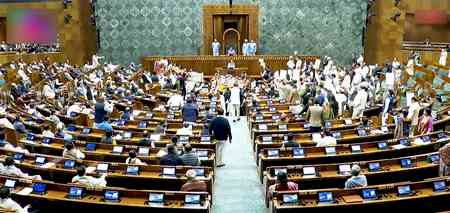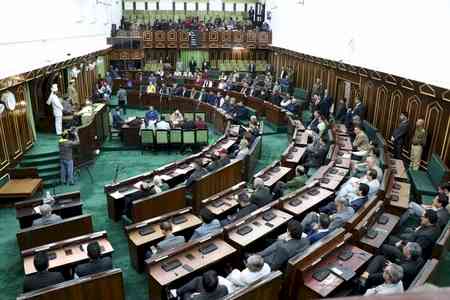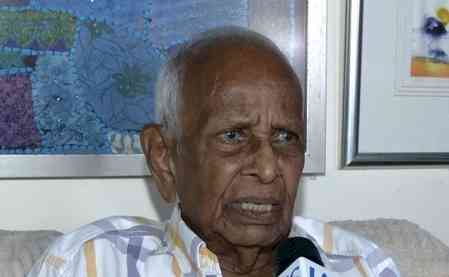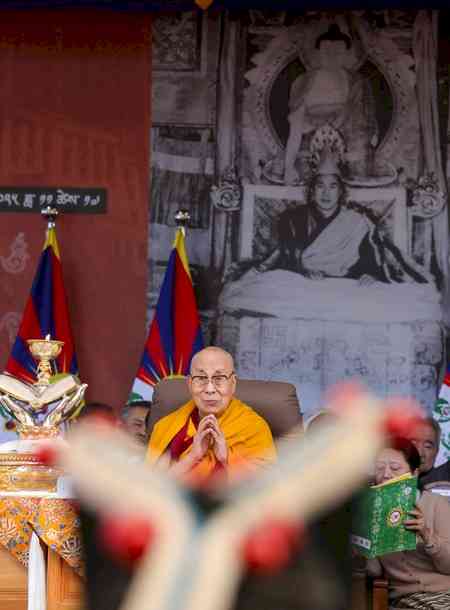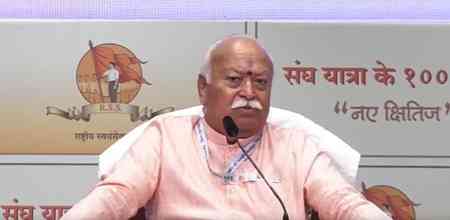SC to examine if NGT has power to take up matters on its own
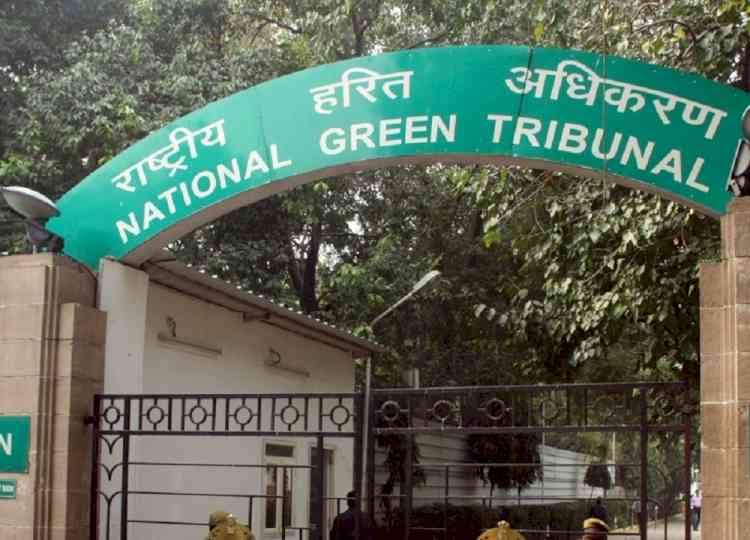
New Delhi: The Supreme Court will, on August 25, consider the issue whether the National Green Tribunal (NGT) has jurisdiction under the provisions of the NGT Act, 2010 to take suo motu proceedings.
A bench of Justices A. M. Khanwilkar and Sanjiv Khanna, while hearing a clutch of SLPs and appeals, observed the question to be addressed is whether the NGT can exercise suo motu jurisdiction without a formal application, like a constitutional court?
The bench said here, there is common man, victims of pollution related issues. "Now, why the tribunal cannot take the responsibility and resolve that and provide some solace to these victims if there is no formal application," it noted.
Senior advocate A.N.S. Nadkarni, representing one of the parties, had submitted that the NGT needs an applicant or a claimant before it to take up cognisance of an issue and it cannot, like a constitutional court, commence proceedings of its own accord. "That is the distinction between a court and a tribunal. Otherwise, the tribunal will also be a civil court," he had argued.
However, the bench noted accepting this line of argument would virtually curtail the powers of an authority, which has got very significant and important powers.
Nadkarni submitted senior advocate Anand Grover, amicus curiae in the matter, has agreed that NGT has no suo moto power. Grover reiterated his stand after the bench queried whether he agrees with this contention.
As Nadkarni said that he would circulate the judgments which he would refer during the arguments in the matter, the bench replied, "We are not saying that NGT does not have the jurisdiction. The issue is does the tribunal has suo motu power?"
It said it would hear arguments in the matter on August 25. Earlier, the NGT had taken suo motu cognisance in connection with solid waste management issue in Maharashtra and imposed cost of Rs 5 crore on the municipal corporation. The top court was informed that the tribunal should not have taken cognisance of the matter, when the Bombay High Court was already monitoring the issue.



 IANS
IANS 
